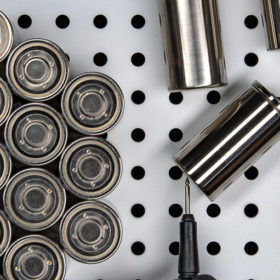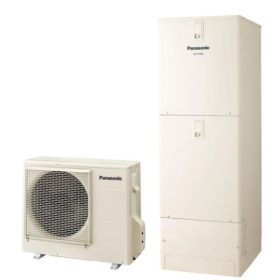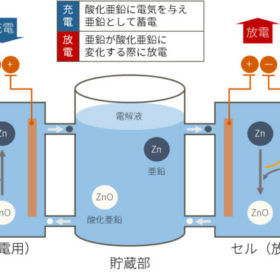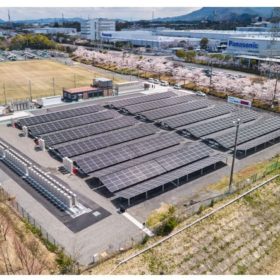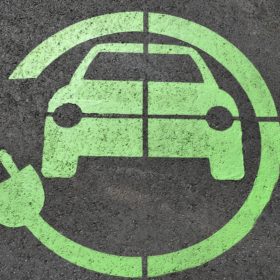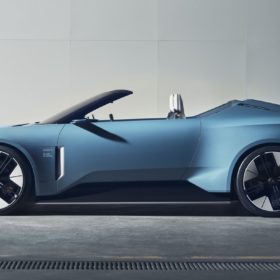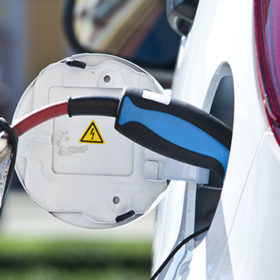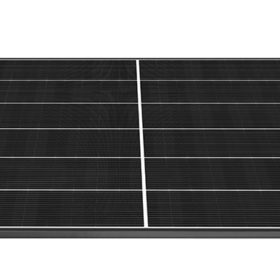Panasonic presents 22.2% efficient all-black heterojunction solar module compatible with its Evervolt battery
The new module series has a power output ranging from 420 to 430 W, a temperature coefficient of -0.26% per degree Celsius, and an efficiency of up to 22.2%.
DNV identifies CATL, Narada batteries as top performers
DNV recently evaluated 19 battery cells through its testing program and found that lithium iron phosphate (LFP) cells from Chinese battery makers CATL and Narada offer the best performance in stationary energy storage applications.
Panasonic to scale up heat pump output in Czechia
Panasonic has revealed plans to increase the annual production of heat pumps at its facility in Czechia to 500,000 units by March 2026.
Sharp begins developing zinc-air flow batteries for renewables storage
Sharp is developing a zinc-air battery tech for renewables storage. The device will be reportedly safer than their lithium-ion counterparts, with high energy densities.
Panasonic combines fuel cells, batteries, PV to power factory in Japan
Japan’s Panasonic claims its new pilot solar-plus-hydrogen facility marks the first attempt to create a factory powered by 100% renewables, via the full-scale use of hydrogen.
Battery supply could remain tight into next year
Analyst Wood Mackenzie has predicted soaring demand for electric vehicle devices will ensure supply will not keep pace with demand until some point in 2023.
Panasonic launches solar heat pump solution for water heating
Panasonic has unveiled a new product in Japan with a PV-based charging function that uses a heat pump and hot water storage unit to save energy by maintaining bathwater temperatures at constant levels.
The mobility rEVolution: An electric car integrating an autonomous cinematic drone
Developed by Swedish manufacturer Polestar, the hard-top convertible incorporates a drone that can be launched from its dock behind the rear seats whilst driving to capture footage of the journey. In other news, Sony and Honda tie-up to make electric vehicles, Ford splits gas-powered and EV businesses, Stellantis unveils a strategic plan to reach net-zero by 2038, and Tesla offers free supercharging near Ukraine. Panasonic has also unveiled plans for two new production facilities for its large-format cylindrical battery cells.
Industry heavyweights look to solid-state battery cells, resources, and recycling
Mercedes-Benz has teamed up with ProLogium to integrate solid-state battery technology into a range of passenger vehicles; Panasonic and Toyota have launched an industrial-academic collaborative research program concerned with battery resources and recycling; and LG Energy Solution plans to spend $2.1 billion with General Motors to build another electric vehicle battery plant in the U.S.
Panasonic unveils 410 W solar panel with 22.2% efficiency
The new heterojunction module series is compatible with Panasonic’s Evervolt battery and has a power output ranging from 400 to 410 W. It also features a temperature coefficient of -0.26% per degree Celsius.

